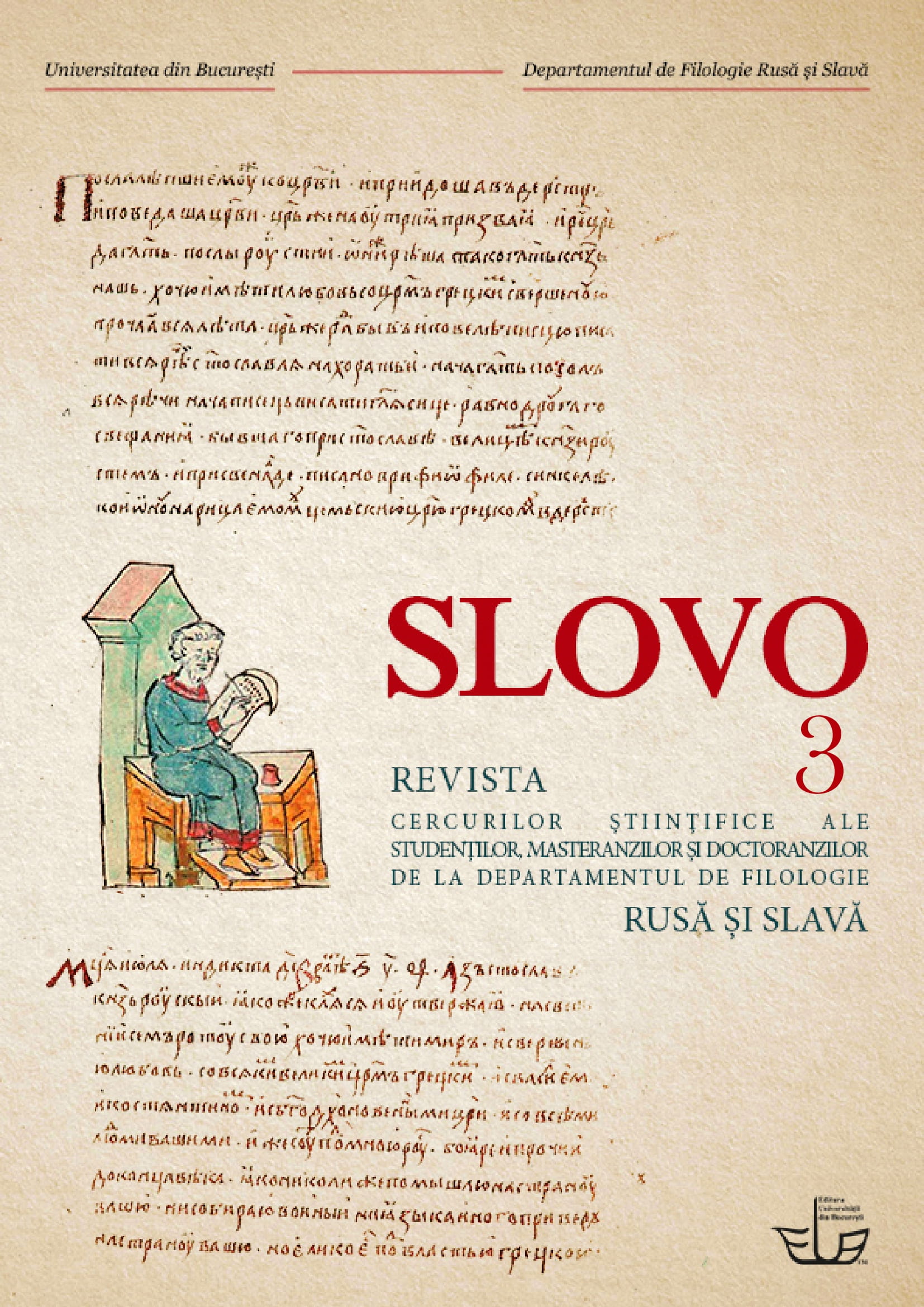L1 Influence on Swedish Learners’ English: an Analysis of Pronunciation and Spelling Errors
L1 Influence on Swedish Learners’ English: an Analysis of Pronunciation and Spelling Errors
Author(s): Ana-Maria PredaSubject(s): Foreign languages learning, Phonetics / Phonology, Language acquisition, Philology
Published by: Editura Universităţii din Bucureşti
Keywords: English learning; Swedish Learners; Spelling Errors; Pronunciation Errors;
Summary/Abstract: The present paper aims to illustrate frequently attested types of pronunciation and spelling errors by Swedish learners of English, focusing on errors attributable to the influence of Swedish as L1 on English as L2. In connection with this, the paper traces the identified errors to possible Swedish sources. The first part discusses types of pronunciation errors which include retroflex phonetic realizations of English consonants and faulty phonetic realizations of English sounds which do not exist in Swedish such as the voiceless affricate /ʧ/, the voiced affricate /dʒ/, the interdental fricatives /θ/ and /ð/ and the voiced sibilant /z/. The second part, concerned with spelling errors, illustrates incorrect spellings of several English sounds which do not exist in Swedish (the affricates /ʧ/ and /dʒ/, the interdental fricative /θ/ and the voiced approximant /w/), misspellings of sounds which occur in both Swedish and English (the voiceless sibilant /s/ and the voiceless stop /t/) and spelling errors related to double consonants. Given that pronunciation and spelling are strongly connected, some of the identified errors prove how the same L1 influence underlies errors in both areas. Although the interference of Swedish as L1 with English as L2 cannot be prevented, the paper proves that the analysis of errors caused by crosslinguistic influence can lead to observations which are relevant to English learning and can contribute to improved methods of teaching English.
Journal: Slovo
- Issue Year: 3/2017
- Issue No: 1
- Page Range: 84-97
- Page Count: 14
- Language: English

